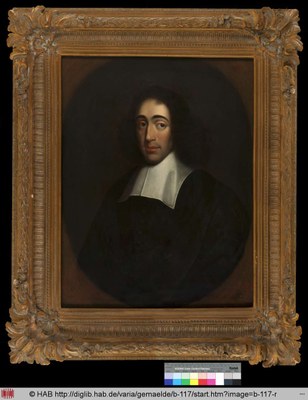Baruch Spinoza (1632–1677)

The philosopher Baruch Spinoza, who is considered one of the pioneers of the Enlightenment and of the historical-critical method of Bible exegesis, is perhaps one of the most famous representatives of Sephardic Judaism. Spinoza's father moved to Amsterdam in the early 17th century, where Baruch Spinoza was born on November 24, 1632. He received the usual biblical-Talmudic education of the Jewish congregation, but he also began studying scholasticism, ancient languages, the contemporary natural sciences, mathematics, and the philosophical writings of Descartes from an early age. At the age of 23, he was excluded from the Jewish congregation of Amsterdam because he had expressed strong doubts with regard to central Jewish doctrines. In his most important work Ethica, ordine geometrico demonstrata (Ethics, Demonstrated in Geometrical Order, written from about 1662 onward and published posthumously in 1677) he critiques Cartesian dualism. Due to his influential philosophical writings, Spinoza is considered one of the most important thinkers of Western philosophy.
Portrait of Baruch Spinoza (1632–1677), oil on canvas, 74.0 × 59.8 cm, between 1675 and 1750, unknown artist; source: © Herzog August Bibliothek Wolfenbüttel, http://diglib.hab.de/wdb.php?dir=varia/gemaelde/b-117&image=b-117.